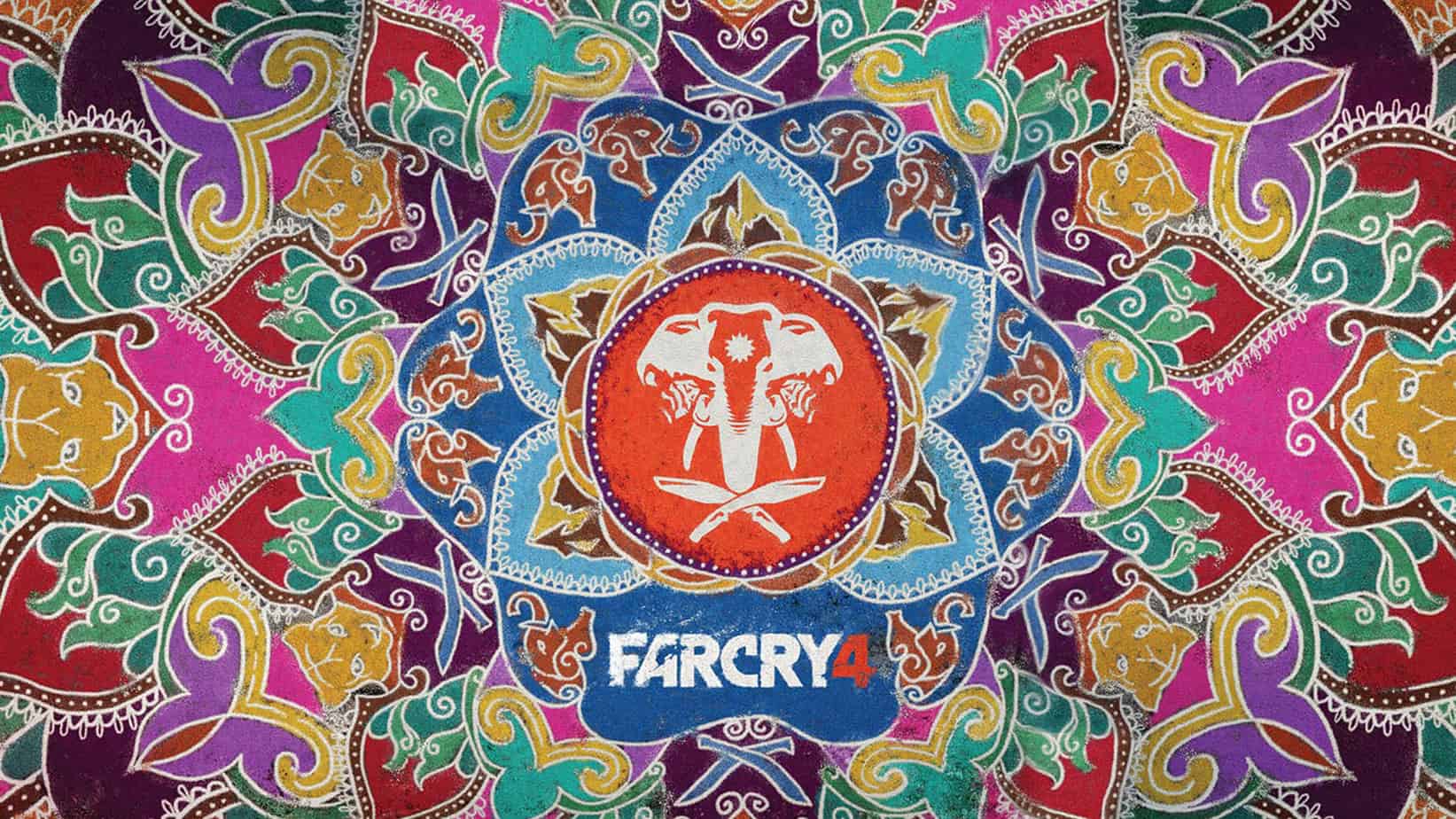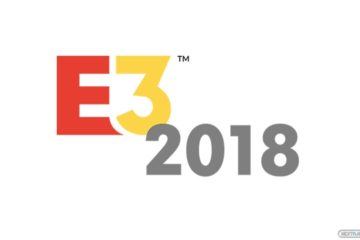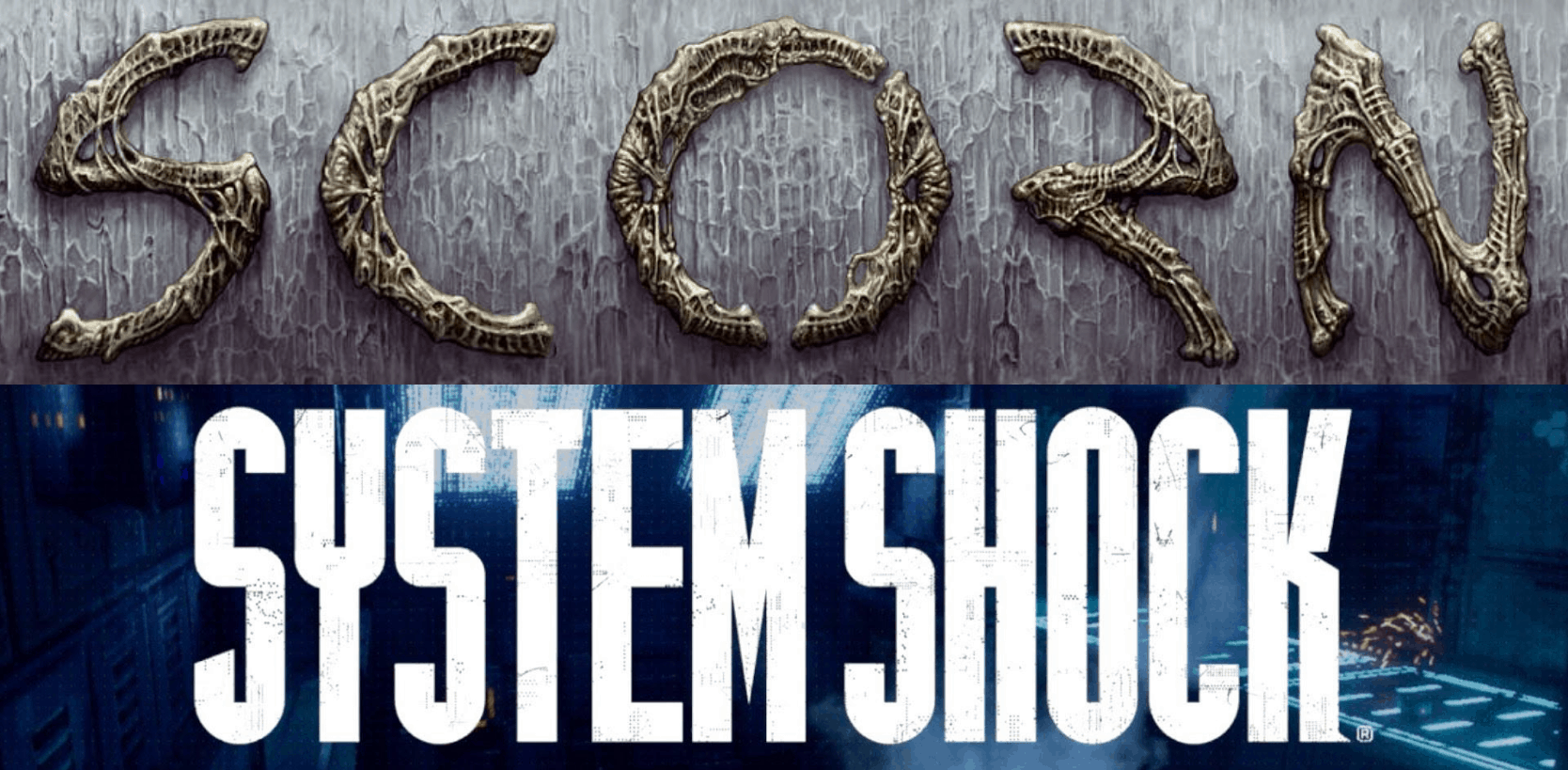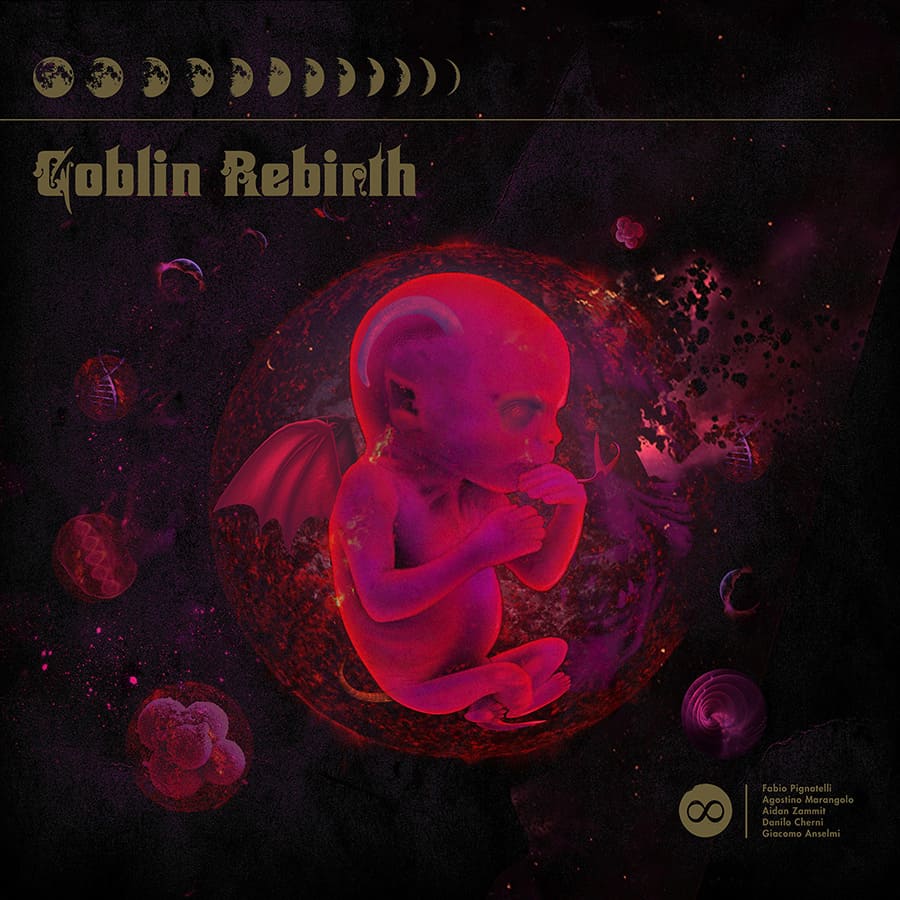
Album Review: CLIFF MARTINEZ – FAR CRY 4 OST
It offered freedom.
I won’t go too much into what I mean by that, as it’s a loaded statement, but put simply: Deus Ex offered at least a dozen different unique solutions to whatever problems the game presented with you, and by merit of being a semi-open world game (long, long, long before ‘open-world’ became the only acceptable mode of presentation for video games not made for kids), what was a “problem” and what wasn’t depended entirely on your mood. Sure, this wasn’t at all unusual in the more progressive PC RPGs of the day but for someone to present this format in the context of a first person shooter? Well that was bloody audacious. Did they succeed? Most would say they did, and most of those people would say it was by the skin of their teeth, which means the game didn’t really get the recognition it deserved (and still doesn’t).
Bear with me here folks, we’re going somewhere important with all this. Now, the thing to remember is that I was playing this five years after the game came out. Plenty of game developers had tried to ambitiously harness the powerful ideas Deus Ex had put forth with the intent of succoring commercial success from it since then. None had really succeeded (including the developers of sequel Deus Ex: Invisible War) until rapidly-growing Canadian developer Ubisoft got wise; they shrugged off the ill-fitting RPG components and replaced the blindly ambitious high concept cyberpunk aesthetic with a more manageable yet equally distinctive Asian jungle setting. What they understood was that what worked best about Deus Ex was the freedom; the ability to deal with encounters and approaches as stealthily or as aggressively as the player wanted. By trimming the fringe elements and leaning on more conventional military shooter tropes, they could expand this concept outward. And they succeeded hugely, placing Far Cry alongside its stealth-focused third-person shooter Splinter Cell, a game whose first iteration (release a few years prior to Far Cry) also took a stab at the exploration of freedom of choice as a core gameplay hook with less spectacular results.
(Just a little bit farther, people. We’re almost there.)
But I played Splinter Cell long before I experienced Far Cry because I’d been a casual Tom Clancy reader and, as Splinter Cell had his name on it, I wanted to give it a shot. I was pretty much enchanted, as it had just slight touches of the techno-fetishism that I’d loved about Deus Ex and, as I stated earlier, had gameplay that bore more than a passing resemblance to the choice-focused approach of Deus Ex (though, at the time, I wasn’t aware of this). I followed the Splinter Cell series all the way into the Xbox 360 era, and right about the same time I actually played both Far Cry 2 and Deus Ex. It was then that I experienced what is still, to this day, the best video game soundtrack of all time. It accompanied the third Splinter Cell game, subtitled Chaos Theory, and the soundtrack, released as a standalone product, bore that name with the Splinter Cell bit sheared clean off. This was and still is, as near as I can tell, the only time a video game soundtrack was put out with no association with the game itself other a distinctive nod towards the game presented by the artwork for the album. This album was crafted by one Amon Tobin, a Brazilian expat from the UK up until then known mainly for his hip-hop and drum n bass electronica. For Chaos Theory, he successfully and impossibly melded his jazzy, mind-warping beats with a wide range of cinematic influences (including, importantly, Cliff Martinez), all filtered and focused into a razor sharp, industrialized score that mutated with the action on screen, a feature fiendishly implemented and notably unheard of at the time. As I said, still the reigning champ of video game soundtracks.
So how does Cliff Martinez, one of the very influences on Amon Tobin’s score for Chaos Theory, measure up with his very own video game soundtrack debut, for a game whose own roots are, as illustrated above, intrinsically intertwined with the music of Chaos Theory and Deus Ex, whose melding of Vangelis and Skinny Puppy hewed to the accepted mode of cyberpunk music a bit too closely?
The thing is, Far Cry 4 has an identity crisis. Far Cry 4 is set in a realistic South Asian country and involves tribal disputes in the region, with military might coming into play. Consequently, the whole score is infused with many really beautiful and ingeniously conceived elements of ethnic music. Yet, as I listen to the whole soundtrack, despite the persistence of these elements, they’re nearly constantly drowned out by the electronic, digital elements, of which the is tons. In fact, if I hadn’t already read a synopsis of Far Cry 4, I would’ve assumed that the game took place in a dystopian future not too far removed from that of the recent Deus Ex: Human Revolution video game. Much of Deus Ex: Human Revolution takes place in China and Cliff Martinez does an infinitely better job here of creating a suitably pulsing, techno-meets-tribal score than that game ever managed to. At times, it feels like Martinez has been cribbing notes from the electronica artists on the mid-2000s, such as Juno Reactor and film score composer Harry Gregson-Williams, whose Spy Games soundtrack this bears some shared qualities. That said, Cliff Martinez goes above and beyond the efforts of those artists, churning out several dozen(!) tracks of pristine, lucid and effective cues, many lasting an exhaustive three minutes, unusual for a video game soundtrack, as they usually consist of dozens of minute-long dramatic cues paired with ambient loops.
There are several standouts that grab the ear and leap right through to the brain but the more I listen, the more I’m aware of the persistent gap between what Amon Tobin crafted with Chaos Theory and what Cliff Martinez does here. The big mistake Martinez makes, like most video game soundtrack composers, is to rely on synthesized percussion. Not all of the tunes do but it’s the minority and by saturating the soundtrack with these processed, artificial beats, the whole thing comes off too sanitized and samey. After ten tracks, it’s just hard to pick out where one song begins and the other ends. At this point, most of you are saying “OF COURSE, IT’S A VIDEO GAME SOUNDTRACK” but that doesn’t work anymore, for me. The bar was raised with Chaos Theory back in 2005 and it hasn’t been cleared yet.
But despite what you might be thinking, this isn’t a negative review. In fact, the fact that Far Cry 4 even evokes the same class of intense, absorbing atmosphere as Chaos Theory is a huge compliment to Cliff Martinez. And I am totally aware that Martinez didn’t have the luxury of only composing a few hours of music like Amon Tobin did and thus the increased reliance on programmed instruments rather than real ones. The truth is that Far Cry 4 is one of the most exciting and enjoyable video game scores I’ve heard in, heck, nearly a decade! Is it the best? Nope. Is it the second best? Easily. Does it make me want to play the game? Not really. But that’s actually because I know the game can’t possibly match the fantastic, warped and (importantly) futuristic world this score has created in my head. Great job, Cliff Martinez. Ubisoft? Do better.
Available: Amazon ($9) / Google Play ($8) / VINYL (UK ONLY £9 / USA TBA)
UBISOFT OFFICIAL COMPLETE ALBUM STREAM



